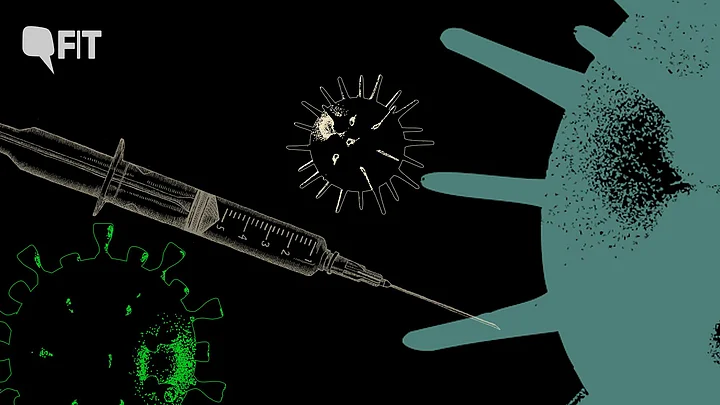While we are all waiting for the COVID-19 vaccine, there are increasing number of studies that are talking about COVID-19 virus mutating. And while that may sound scary and also raise questions about the efficacy of the vaccine that will be developed, virus mutations are very normal, it is part of a virus’ life cycle.
Most influenza virus mutate, and in many cases that is a good thing, because chances are, that mutation will render it less potent. What happens when a virus mutates depends on how it mutates. There are two ways in which viruses can mutate, through antigenic drift and through antigenic shift.
Antigenic drift is a small mutation that can change the protein of the virus. These kind mutations are very frequent and produce viruses that are similar in nature to the original virus. While these changes are small, sometimes the mutations can accumulate and create a very different virus, but that is not very common. Common flu is a good example of a virus that mutates through antigenic drift, which is why we are constantly susceptible to the flu and also the reason why flu vaccines are reviewed every year, to see if it needs an update.
Antigenic drift on the other hand, is less common form of mutation and also far more potent. This occurs when there is a drastic change or shift in the Influenza A virus, leading to a completely new virus that we potentially may not have any immunity against. This often happens when a virus from the animal community mutates and manages to infect humans.
Before we get into whether COVID-19 virus is mutating, we need to understand what kind of a virus the COVID-19 is. Most viruses have either RNA or DNA as their genetic material. COVID-19 is an RNA virus. When an RNA virus comes in touch with a host cell, it starts replicating and possibly changing. Most of these changes are small, and the new virus is not very different in the genetic make-up from the original virus. Flu and measles are both RNA viruses, and prone to changes or mutations. DNA viruses, like small pox and HPV don’t mutate that often.
Coming back to whether COVID-19 virus is mutating, it is. But at a very slow pace.
So if viruses are mutating and evolving, is that bad news for vaccines? No, not necessarily. Mutations often make viruses weaker and even after mutation, most viruses retain the genetic make-up of the original virus. Now, vaccines are made to target an early form of the virus, which means the vaccine retains it efficacy despite the virus having changed form. For example, the H1N1 vaccine is still using strain from 2009, even though the virus has evolved.
What does all of this mean for the COVID-19 vaccine? The vaccine will soon human trial stage, and when we have a COVID-19 vaccine, it will most likely be able to offer protection to people from most if the COVID-19 virus strains that will circulate. While there probably will be mutations, it’s not likely to be a life-threatening one. What we will have to watch out for,though, is the time duration of the immunity that will be offered by the vaccine and perhaps also booster shots that we may need to ensure the efficacy of the new vaccine.

